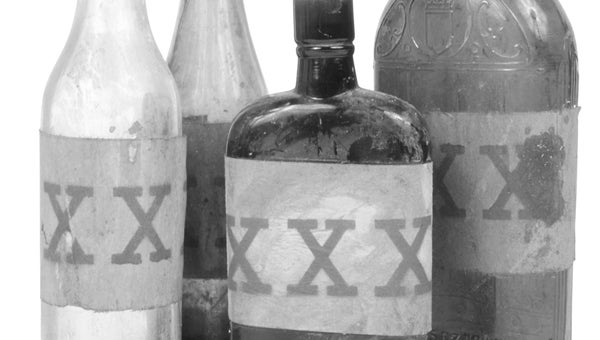Paying attention to poison
Published 1:02 pm Tuesday, March 17, 2015
This week marks Poison Prevention Week, a time to reflect on what makes up a poison. The answer is simple: anything that can harm someone if it’s used in the wrong, used by the wrong person or used in the wrong amount. So, basically anything can be construed a poison under the right conditions.
In 2013, approximately 80,000 children were taken to hospital emergency departments nationwide after exposure to poison. In the 1970s, pediatric poisoning deaths per year topped out at 400. That number is about 30 a year today. But 30 children’s deaths a year is still way too many. More emphasis on prevention means less chance of a household tragedy.
Examples of poisons are as diverse as household plants, nail polish, spider bites, painkillers and carbon monoxide gas. They are solids, liquids, sprays and gases. In the wrong hands, they can be deadly.
Prevention comes in four key steps: following the manufacturer’s recommendations and heed the product’s warnings; keep the product sealed in its original, usually child-resistant container; store the product out of a child’s sight or reach; and call the free Poison Help line if there is a poison emergency.
Any caller using the Poison Help line should keep in mind that not all medicines and household products are poisonous, and not all contact with poison results in poisoning. Caller should have the following information available: the container of the product through to have caused the poisoning; the affected person’s age and weight; any known health conditions; how the product contacted the person; how long ago the poison contacted the person; what first aid has already been given; whether the person has vomited; exact location and how long it would take to get to a hospital.
The Poison Help line is a valuable resource: these poison experts are available at poison centers 24 hours a day, seven days a week. The call is free, confidential and can be translated into 161 languages. Most people get the answers they need from the experts at the center and never have to go to a doctor or hospital.
Preventing poisoning is the goal. Accessing best resources is the next step in case one falls short of the goal.
The Poison Help line is available in all 50 states: 1-800-222-1222.





